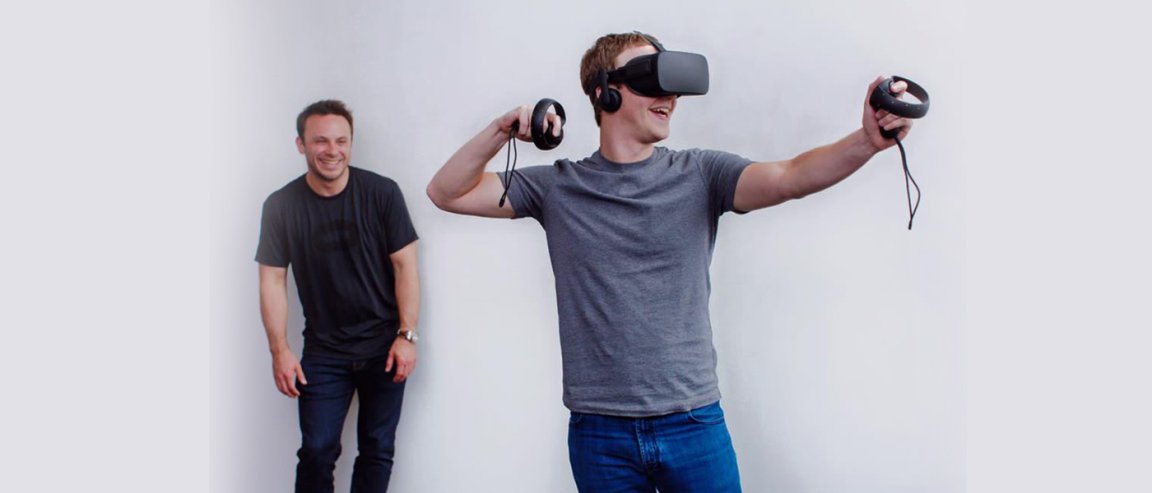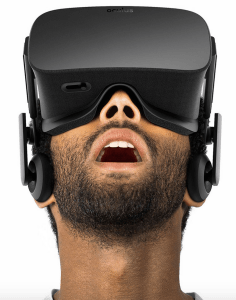
Oculus and Facebook

After Facebook’s landmark acquisition of Oculus back in 2014, it should come as no surprise that the social network will be the first to roll out official integration to the Oculus virtual reality platform. Samsung Gear VR users will soon be able to link their Facebook accounts to their Oculus accounts, allowing them to access a 360-degree video feed they can interact with.
Facebook purchased Oculus for $2 billion with the goal of creating a new computing paradigm that’s big enough to shape the industry the same way that smartphones, the Internet, and the PC were. Facebook CEO Mark Zuckerberg wrote that VR is “really a new communication platform.”
“By feeling truly present, you can share unbounded spaces and experiences with the people in your life. Imagine sharing not just moments with your friends online, but entire experiences and adventures.”
Oculus serves as the best sign that Facebook continues to lead the way in social networking.
Privacy Issues
With the integration, Facebook is taking the first steps towards connecting its 1.5 billion users in new and exciting ways. The service recently introduced new reaction buttons in addition to the classic “Like” button, including “love,” “wow,” and “angry.” Facebook integration with Oculus is expected to continue to feature these new interactions.
But not everyone is excited about Facebook and Oculus. The tandem has left some people feeling concerned about what implications it would have for Oculus to be run by a company that handles so much personal information.
Data gathered through VR includes gaze detection, which can track how long users look at areas on a screen, which could possibly be used to influence users. However, Oculus does not require using your Facebook account to use the service. This acts as another firewall to protect user privacy.
The Future of VR?
And While Facebook may see itself as the future of VR, the co-founder of Oculus doesn’t really seem to think it is.
“The thing to remember is, Facebook the social networking tool as it exists today is not necessarily the future of VR,” co-founder Palmer Luckey said earlier this week at Microsoft’s Xbox Showcase in San Francisco, according to the The Guardian.
Of course, there is a difference between connecting with others in real-time (like what one does in online gaming) and communicating via messages, images, comments, and so on intermittently throughout the day…which is what one does on Facebook.
“Hanging around the virtual campfire isn’t what people do on Facebook today. Facebook is largely an asynchronous too—even the company’s realtime Messenger and WhatsApp tools are still asynchronous in that generally people have to wait for replies. It’s the same thing with the news feed where you’re seeing hundreds of photos and status updates over a short period of time. That’s very different from virtual reality where you will be in an environment together synchronously,” he said.
The Oculus Rift is set to be released later in the month.